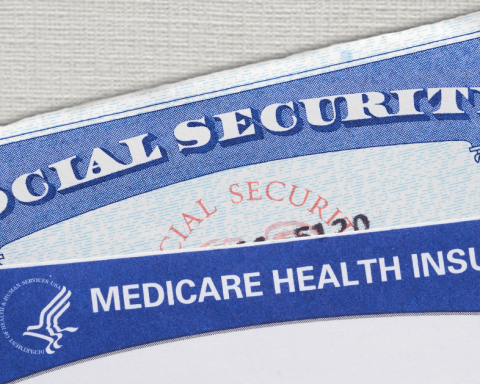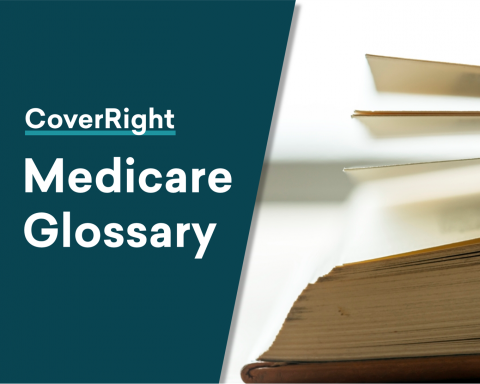Key Takeaways: Eligibility Differences: Medicare serves individuals aged 65 and above and those with qualifying disabilities, while Medicaid provides coverage based on income and state-specific requirements. Coverage and Cost Variations: Medicare includes hospital and medical coverage with premiums, while Medicaid often offers more comprehensive
MoreExtra Help, also known as the Low-Income Subsidy (LIS) program, is a valuable financial assistance program provided by the government to help
Read More »Extra Benefits, also known as supplemental benefits or value-added services, are additional perks offered by some health insurance plans beyond the standard
Read More »An Explanation of Benefits (EOB) is a detailed statement that health insurance providers send to their beneficiaries after a medical service or
Read More »An Expedited Appeal is a specialized process that allows individuals to request a faster review of their appeal for a healthcare coverage
Read More »Excess Charge refers to the additional amount that a healthcare provider may bill a patient for medical services in the context of
Read More »An Exception Request, also known as a formulary exception or coverage exception, is a formal process through which individuals can seek approval
Read More »Evidence of Coverage (EOC) is a comprehensive document that provides essential information about the terms and conditions of a health insurance plan.
Read More »Enrollment periods refer to specific timeframes during which individuals can enroll in or make changes to their health insurance coverage. These periods
Read More »End-Stage Renal Disease (ESRD) – Understanding Advanced Kidney Failure and Treatment Options
End-Stage Renal Disease (ESRD) is a serious and advanced stage of chronic kidney disease (CKD) in which the kidneys are severely damaged
Read More »Durable Medical Equipment (DME) refers to a category of specialized medical devices and equipment designed to provide therapeutic benefits and support individuals
Read More »



